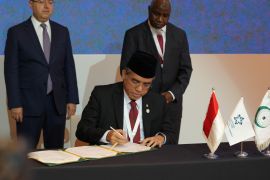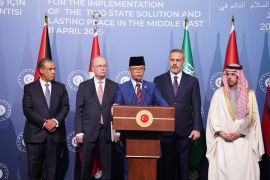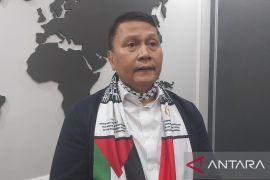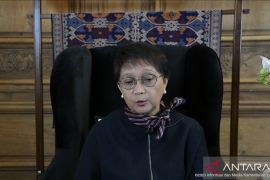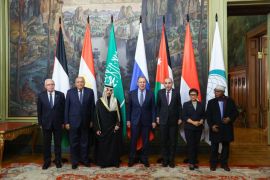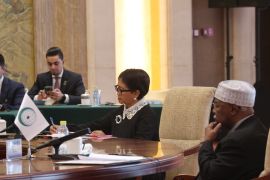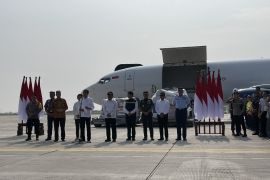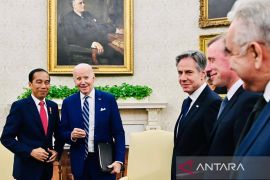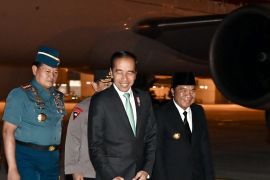"We are seeking indigenous vaccine production from Muslim countries. This will be discussed at the next regular meeting in Indonesia," OIC's Director General of the Science and Technology Department Irfan Shaukat stated while meeting with journalists from several countries at the OIC secretariat office in Jeddah on Monday (July 16).
According to Shaukat, vaccine production by the Indonesian vaccine manufacturer, Bio Farma, reaches 10 percent of the total global production.
"In addition, their production always meets the standards set by the World Health Organization (WHO)," Shaukat noted, adding that Bio Farma has become a reference for other Muslim countries in producing vaccines that meet international health requirements.
He pointed out that at the meeting in Indonesia, OIC member countries will exchange experiences on how to produce vaccines that meet WHO standards.
Earlier, at a meeting of senior officials on December 5, 2017, Indonesia was appointed as OIC`s Center of Excellence for vaccines and biotechnology.
Some of the vaccines produced by Bio Farma include BCG vaccine to prevent tuberculosis; DTP vaccine to prevent diphtheria, tetanus and pertussis; as well as DT vaccine to prevent diphtheria and tetanus; and the measles vaccine.
Shaukat further explained the presence of an anti-vaccine campaign in some OIC member countries, as it was considered contrary to the rules of Islam.
Addressing the issue, the OIC has involved scholars to approach Muslim nations` people, who still refused vaccinations to be administered to children.
"We involve Muslim scholars in the country to correct the misconception about vaccines that taking them do not violate Islamic law," he explained.
These efforts are effective by a decline in the anti-vaccine campaign and an increase in number of people getting vaccinated.
Reporter: Libertina W. Ambari
Editor: Bambang Purwanto
Copyright © ANTARA 2018


